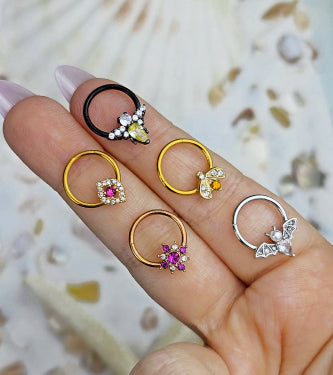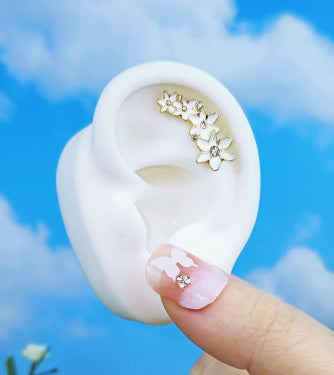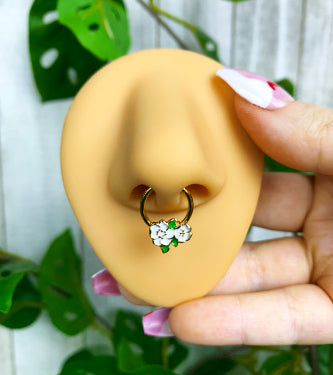Tired of applying your makeup every morning just to wash it off each night? Fed up with that time-consuming beauty routine? Sick of spending money on cosmetics? If so, permanent makeup may be the solution for you.
Permanent makeup is known by many names, including micropigmentation, dermapigmentation, micropigment implantation, and cosmetic tattooing. This form of body modification first became fashionable in the 1930s. Cosmetic pioneers tattooed clients in beauty salons across the country by injecting vegetable dyes beneath the surface of the skin. Today, colored pigment is deposited into the dermal layer of the skin using one of several methods: traditional tattoo or coil machines, the pen or rotary machine, or the hand method.
Cosmetic tattooing is generally applied as eyebrow liner, eye liner, lip liner, lip color, beauty marks, and eyeshadow. It is used to camouflage scars, birth marks, and skin discolorations. Some people even use it to imitate hair. Permanent makeup can potentially be used for any cosmetic purpose.
Proponents of permanent makeup contend that it is beneficial to everyone. People with allergies to more traditional cosmetics may wear permanent makeup without the risk of allergic reaction. Those with physical impairments, such as Parkinson’s disease and poor vision, no longer need to agonize over the daily struggle to apply their makeup. Athletes and other physically active people may wear permanent makeup without the annoyance of sweating it off. Spending a mere 20 minutes a day on one’s beauty regiment totals over 121 hours per year, and busy individuals pressed for time wouldn’t need to spend these precious hours on their beauty routine if they had permanent makeup.
So with all these benefits, why would anyone hesitate to undergo a permanent makeup procedure? First and foremost, permanent makeup can be expensive. It costs up to $800 per standard procedure, and advanced work may cost upwards of $250 per hour. When the average American woman spends only $972 on makeup per year, this becomes quite pricey, especially considering that permanent makeup requires regular maintenance and touch-ups.
Cosmetic tattooing is permanent, and can only be removed with procedures such as laser removal, dermabrasion (chemical exfoliation), or surgical removal. This means that if you don’t like the shape, size, or color of the makeup, you must undergo further procedures and spend more money to have the pigments removed, and then be re-tattooed. Furthermore, although rare, some patients may experience allergic reactions, infection, or other complications if the procedure is performed in an unsanitary environment.
Despite the possible side effects from undergoing cosmetic tattooing procedures, thousands of Americans pay for permanent makeup each year. In fact, although there is no hard data, some recent studies suggest that cosmetic tattooing is on the way to overtaking traditional tattooing in popularity. Many celebrities have even had cosmetic tattoo work done, including Michael Jackson, Cher, Elizabeth Taylor, and Dolly Parton.






